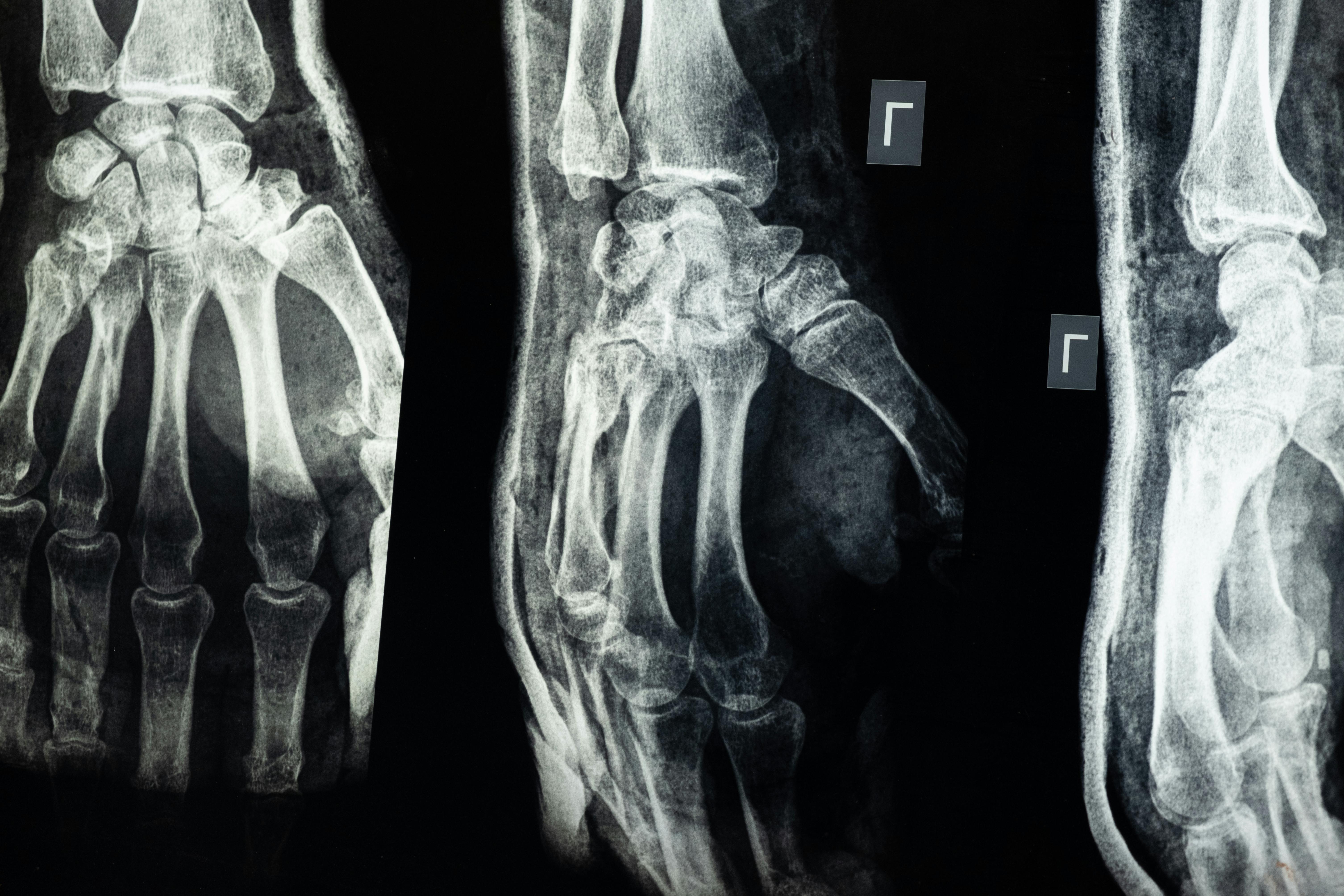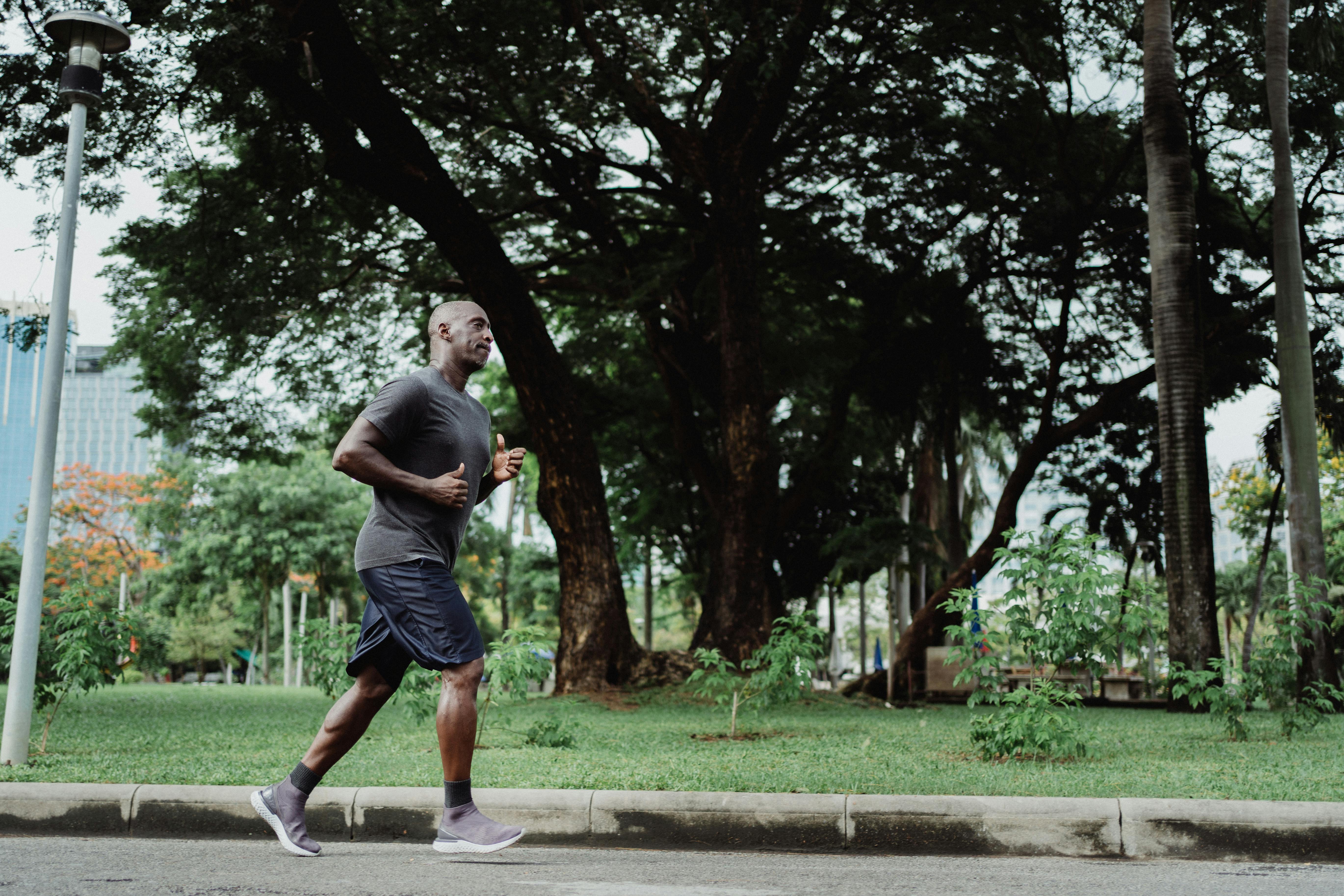Some things are as easy as ABCD, but losing weight isn’t one of them. People have tried different ways, different weight loss plans and different exercise regimens to lose weight and there is simply no hard and fast rule of thumb for doing it. However, I think everyone agrees that weight gain and subsequently weight loss depends on food intake and calorie output or improved calorie intake and output.
Some people have actually micromanaged to their desired weight, and this involves not only keeping meticulous notes on what you eat and what’s in it, but also how you burn it off through exercise and motivation to stick to the plan.
Here are some of the strategies you can employ to micromanage yourself and get in shape:
Be realistic
This simply means setting goals that you can achieve. If this is your first time starting to exercise, run or walk, don’t start out by trying to do everything in one day. Set reasonable goals like, I’ll start with a 30 minute walk or brisk walk today and depending on how it goes I’ll increase it by 5 minutes every 2 days. Having a defined place or number that we want to reach helps to achieve the goals and not abandon them. For example, today I will run on the treadmill for 45 minutes at level 10 or I will lift 10 kg weights 3 sets of 10 is much easier to achieve than saying, I will run on the treadmill until I drop out.
avoid temptation
This is easy to say, but difficult to carry out. This implies avoiding situations that make you break with your already defined eating routine. Things like a friend’s birthday party, going to the movies with friends, or just hanging out. You have to prepare before venturing out or not going. You should have a plan for what you are going to eat and the response you will give when you are offered something to eat so that you don’t come off as rude or decide to indulge only once. The latter is dangerous because you find yourself indulging more often or deciding that since you’ve already broken your rule, you better go all the way.
stick to your plan
It is much better to lose weight by eating smaller, more frequent meals than by eating 3 large meals. The biggest problem with the six frequent meals is sticking to them. So what you need to do again is plan your eating ahead of time for the day and bring any meals or snacks you eat with you, so you don’t grab what you see when you’re hungry. Another good strategy is to buy smaller plates and when eating you can feel your plate and only have that one helping with no seconds.
weigh yourself regularly
The idea behind this is to keep you focused on what you are doing and why you are doing it. It also helps you monitor your progress, and nothing is as motivating as seeing the expected results. However, when you step on the scale and notice that you have gained weight, it still keeps you in check. At least then you’ll know more work is needed, and you’ll review your food list to see what needs to be eliminated.
Measure input and output
Basically, it’s about keeping track of the caloric content of the food you eat and the calories you burn when you exercise. Well, I am going to say that it is a bit difficult, especially when you are just starting out. Sometimes you just don’t know how to calculate calories in a meal, but most restaurants, especially in New York, are beginning to list calorie content on the menu. Measuring what you burn is easier for the machine. I don’t think anyone builds an exercise machine these days without a way to give you a digital view of the calories you’re burning.
The weight loss process is a journey for some people that is always on, but micromanaging your strategy makes it a destination. The input and output graph will help you determine when to increase or decrease any part of the equation and this will help you achieve your ultimate goal. Keeping your finger on every aspect of your weight loss is a strategy that is highly productive when you focus on it.




Recent Comments